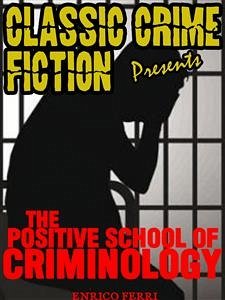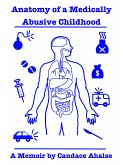Ferri disputed Lombroso's emphasis on biological characteristics of criminals; instead, he focused on the study of psychological characteristics, which he believed accounted for the development of crime in an individual. These characteristics included slang, handwriting, secret symbols, literature, and art, as well as moral insensibility and "a lack of repugnance to the idea and execution of the offence, previous to its commission, and the absence of remorse after committing it".Ferri argued that sentiments such as religion, love, honour, and loyalty did not contribute to criminal behaviour, as these ideas were too complicated to have a definite impact on a person's basic moral sense, from which Ferri believed criminal behaviour stemmed. Ferri argued that other sentiments, such as hate, cupidity, and vanity had greater influences as they held more control over a person's moral sense.Ferri summarized his theory by defining criminal psychology as a "defective resistance to criminal tendencies and temptations, due to that ill-balanced impulsiveness which characterises children and savages".
Bitte wählen Sie Ihr Anliegen aus.
Rechnungen
Retourenschein anfordern
Bestellstatus
Storno









